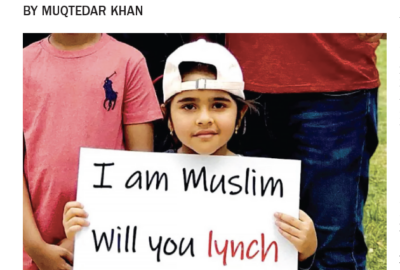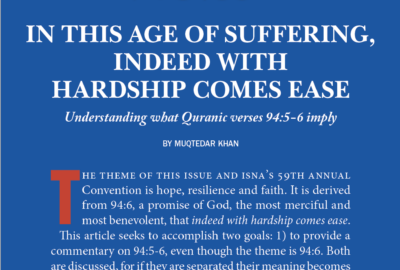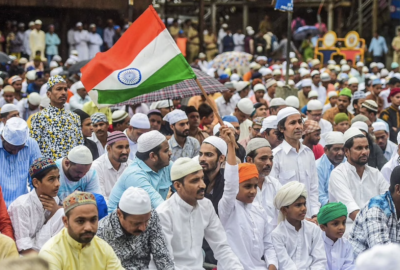Democracy at the Heart of Islamic Revival
A few weeks ago, I had the honor of meeting with Egyptian President Mohamed Morsi at the Egyptian mission in New York at a gathering for community and intellectual leaders to talk about the future of U.S.-Egypt relations. I am a Muslim intellectual living my Muslim American dream — a combination of material success and spiritual revival. Yet I was moved by the promise of Morsi’s presidency, and what it means for Islam and democracy — a promise that many Arabs and other Muslims also believe in.
In the decades that I have lived in the United States, I have studied, taught and written extensively about Islam and its contemporary revival. Islamic revivalism means many things to many people. For some it means rule by Islamic law, for others, especially Muslim Americans, it is the return of the intellectual and cultural vitality of the Muslim world, freedom from dictatorships and the restoration of Islam’s democratic traditions.
I even feel that through my research and writing, I have made a small contribution to that effort. But, here in the United States, it has remained more of an intellectual puzzle than a living reality.
Many Muslim American scholars like Dr. Khaled Abou El Fadl at the University of California, Los Angeles; Dr. Abdulaziz Sachedina at George Mason University and I have for over a decade made the case that Islam and democracy are compatible, and that a genuine implementation of Islamic values requires democratization. For many of us involved in such work, the Arab awakening, or Arab Spring, is finally an opportunity to prove that Islam and democracy are compatible not just in theory, but also in practice.
While many in the Arab and Muslim world are optimistic about Morsi’s election, there are many — including Egyptians, and some in the United States and Europe — who are skeptical of Morsi’s promises of equality, and concerned that he might try to bring about an Islamic state.
Yet much of what is happening in Egypt demonstrates that Islam and democracy are compatible. President Morsi has repeatedly stated that what he and Egyptians seek is a civil, not an Islamic, state — one that will treat all its citizens equally, men and women, Muslim and non-Muslim. He reiterated this in his discussion with us in New York.
To me, this prospect of a truly Islamic democracy emerging is the most exciting promise of the Arab awakening. Islamic democracy is like any other democracy, except that in the public sphere Islamic values form the foundation of a political conscience, inspiring the citizens and government to pursue justice and compassion.
President Morsi shared his mainstream understanding of Islam and Egypt with us, arguing that Islam respects freedom of religion. At the heart of Islam, he said, were human rights and human dignity.
He said that he was not seeking a theological state. That, he claimed, would indeed be un-Islamic. He said, “We are talking of the nation (the ummah or people) as a source of power, and this is Islam.” This is a far cry from the claims of political Islamic groups in the past that in an Islamic state sovereignty belonged not to the people but to God. When they said sovereignty belonged to God, people understood that this meant the implementation of Islamic legal principles as interpreted by a few clerics.
It appears that President Morsi accepts popular democracy as a default condition and seeks to introduce Islamic principles only to the extent the electorate will permit.
One of my recommendations to him was to make Al-Azhar University, easily the most important institution of Islamic learning, completely independent, fully endowed and disengaged from government supervision. It currently is overseen by the Egyptian state.
Such a move would, I believe, increase the authority and legitimacy of the university and its religious edicts. In an Islamic democracy, universities play the role of society’s moral conscience, and they can do so only if they are free from government supervision.
The Muslim world, I told him, badly needed an authoritative voice and at the moment there was none. An independent Al-Azhar could aspire to it. President Morsi chose not to engage this subject, perhaps because an independent Al-Azhar might become a critic of his government, or perhaps he anticipates a backlash from non-democratic states in the region that fear an independent religious authority whose voice would travel across borders and shape the opinion of people in their countries.
The challenges President Morsi faces, international and domestic, economic, political and spiritual, are daunting indeed. Yet I wish him success in his endeavors to establish an Islamic democracy in the Arab world, and in so doing to take a major step towards reviving Islamic civilization.
Source: http://www.huffingtonpost.com/muqtedar-khan/democracy-islamic-revival-egypt_b_2009990.html?








